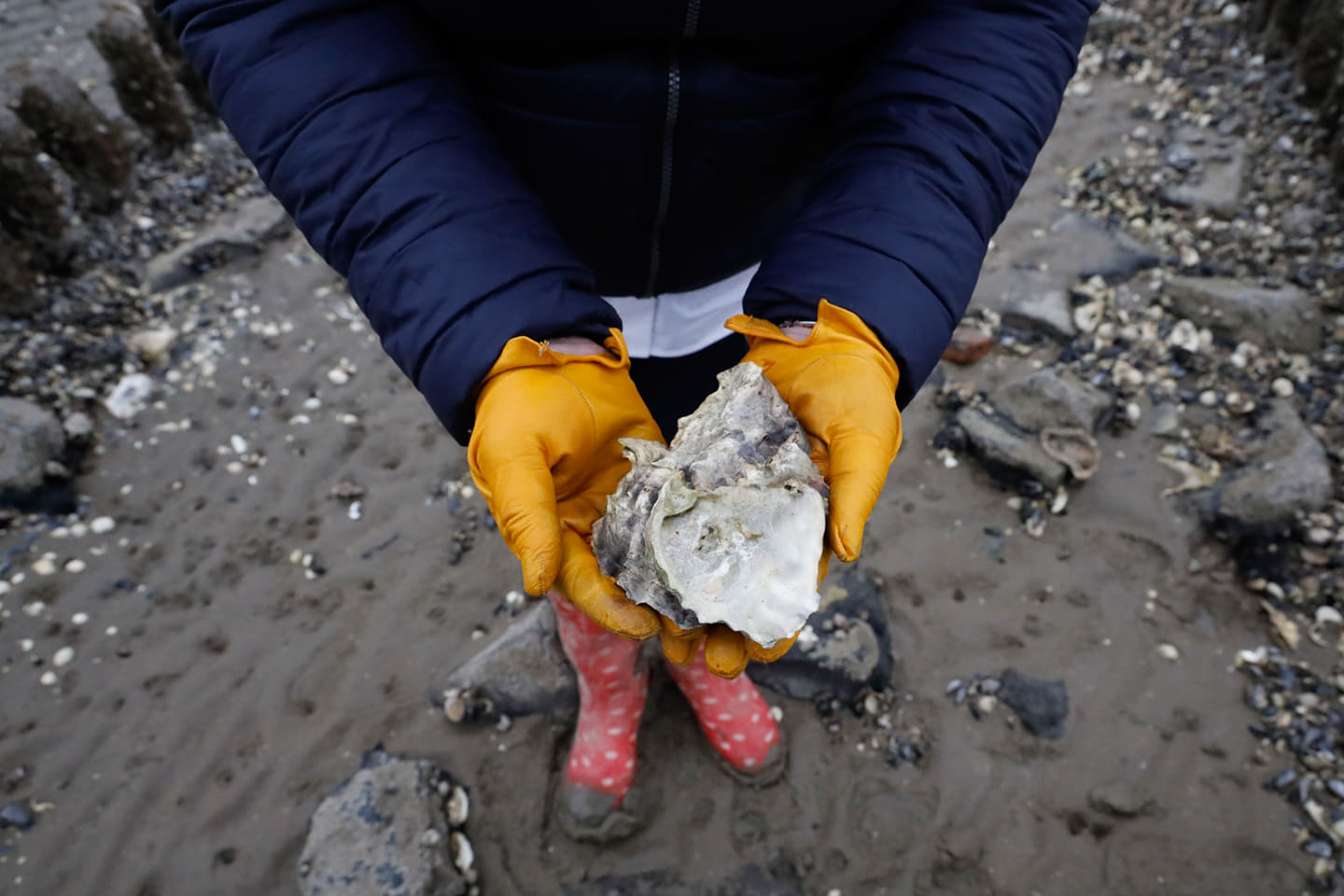
SUSTAINABLE TRAVEL 101
Travel Rebel’s practical tips on how to explore the world in a more mindful manner

When it comes to sustainable tourism, most of us think we know the drill. We turn off the lights when we leave the room (at least I hope you do!), we try not to keep the tap leaking all night, and we don’t throw away our trash anywhere in plain sight. Well, I have some news: this is all good but pretty basic. There is so much more you can do, so here are some easy tips to help you on your journey to becoming a responsible traveler.
Shop local, eat local, breathe local
We all know you’re going to blow off that vacation budget one way or another, so why not spend that money on various businesses throughout your trip? Try to eat and shop at as many different places as possible. Not only will you maximize the benefits to the local economy, you’ll also open yourself to so many more experiences this way.
Conserve energy in ways that are less obvious
Ditch that bath for a shower and you’ll save way more water than you know. Oh, also, do you really need to have your towels and linen changed every single day? I’m guessing not. Hang the ‘DO NOT DISTURB’ sign up when you leave the hotel room.
Bath vs. Shower
Source: www.watercalculator.org
Do not litter
This one is so self explanatory. It takes garbage a lot longer than you probably realize (and in desert environments it takes unimaginably long). We’re used to recycling facilities here in the West, which are not available in many parts of the world. However, dispose off waste in a sustainable manner, even if it means you have to make a bit of an effort. I use my KleanKanteen bottle to avoid buying plastic bottles and tend to skip the gimmicky souvenir purchases, unless they’re locally made. Baby steps.
How long does it take for our trash to decompose?
Source: www.wildhelpers.com
Understand that wild animals are not your playthings!
You need to steer clear of organizations and operators that advertise caged and trained animals. (You can pat tigers! You can ride elephants! Umm, no.) Usually, the captive conditions these regal animals are forced to survive in are abysmal. Zoos, entertainment venues and even aquariums are often guilty of this, so please do some research before giving these institutions your patronage. You may think it’s harmless to get that perfect picture with that cute and surprisingly tame lion cub, but it’s really not worth the unnatural lifestyles and torture these majestic creatures are forced into.
Unnatural lifestyles
Source: www.peta2.com/news/captive-animal-facts/
Look but don’t touch
I’m certainly not telling you to stay away from wildlife tourism altogether, as it’s a wonderful source of income for so many (and such a thrilling part of adventure). However, make sure you scout out tours that are determined to protect biodiversity. There’s a proper way to observe wildlife — and that way is to never disturb the living creatures, to avoid contact of any kind. Don’t even feed the ‘harmless’ animals as such mundane actions can have major ramifications when it comes to animal behaviour patterns.
Respect the locals and their culture
A little research done beforehand can get you a long way. Try to learn about the etiquette, social decorum, sensitive topics, and dress code before you land so you do not unintentionally disrespect anyone. When visiting holy and sacred sites, a good rule of thumb is to dress on the conservative side. If a place forbids photography or cell phone usage, please follow the directions. Talking to a local or a guide is a good idea to acquaint yourself. And, of course, smile! For tourism to flourish in an area, the attitude of locals towards foreigners is of key importance.











Pingback: ARE YOU A SUSTAINABLE TRAVELER? - Travelrebel
Pingback: Nicaragua's Sustainable Tourism: How is it doing? - Travelrebel